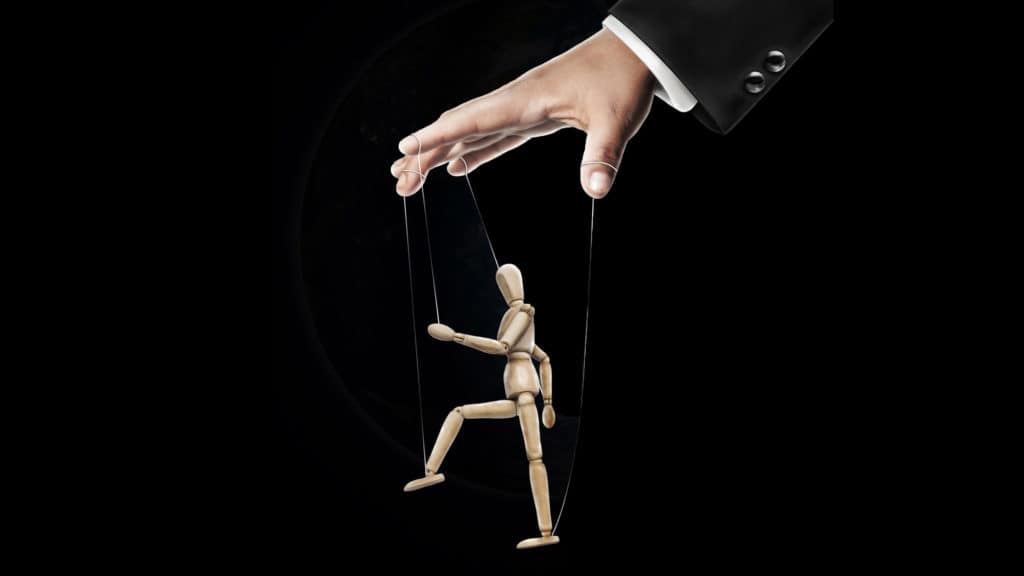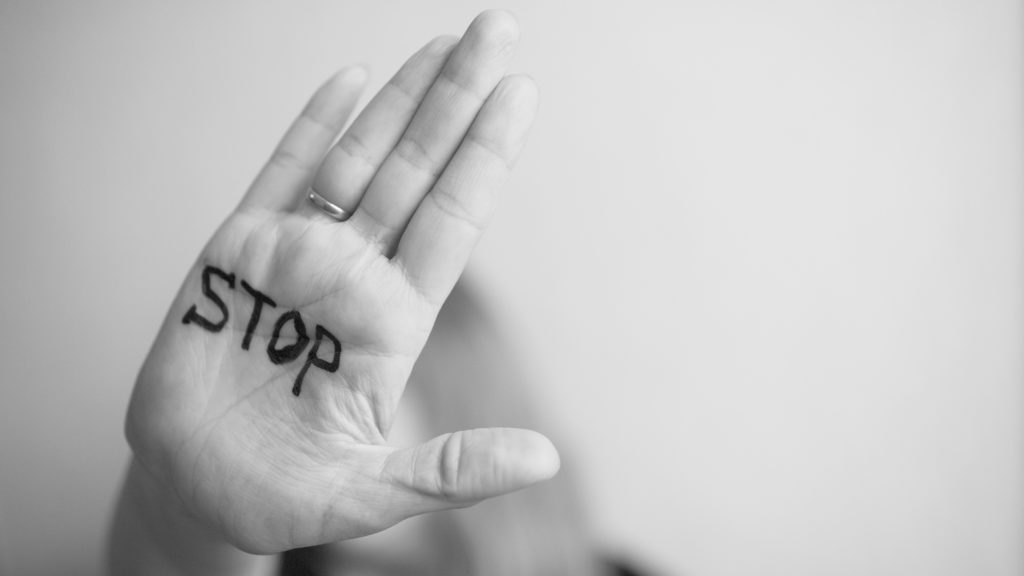Emotional abuse in marriage is one of the hardest forms of abuse to recognize, but unrepentant patterns are the key to identifying it.
Emotional Abuse
Can men experience abuse in marriage? Why is it so hard to see a man as a victim of abuse?
Child Abuse: What Should We Know? God’s desire is for all children to be protected. His angels watch over them, but we know that many types of abuse and neglect happen in homes. There is no class distinction. Rich and poor, well-educated and high school dropouts, the handsome and the plain; no group is immune …
Abusive marriages like Emma’s are more common than many realize. God’s plan for a family never included abuse.
Are you concerned that a spouse is being emotionally abused in their marriage? Find out which behavior patterns signal abuse.
No one should feel unsafe. If you or someone you love is in an abusive relationship, here are some resources to help you take steps toward safety and freedom.
Three types of emotional abuse can easily be disguised: gaslighting, retaliation and projection. Recognize when you’re in an emotionally abusive relationship.
You may want to know how to help and support someone you love who’s in an abusive relationship. Here are several ways that can enable you to be there for them.
We’ve all known manipulative people, whether they are friends, family, or our spouse. They’re the people who know how to push our buttons. They might scare, coerce, obligate, criticize, guilt trip, bribe, blame, undermine, intimidate, abuse. Or they flatter, offer sympathy, act innocent — but not with sincerity. It’s all emotional blackmail. It’s manipulation. Note: …
If emotional abuse is present in your relationship, setting boundaries is crucial. If you think your safety’s at stake, learn the steps to effectively set boundaries.



















